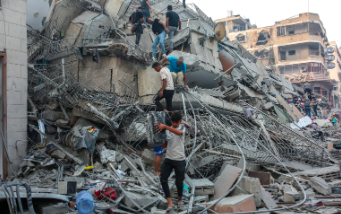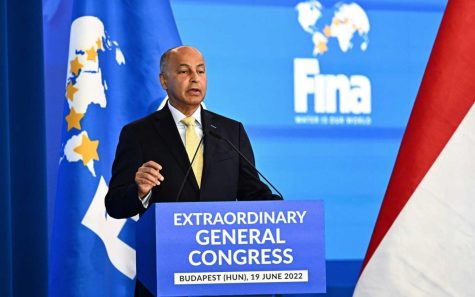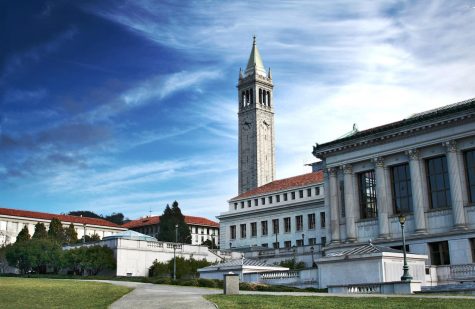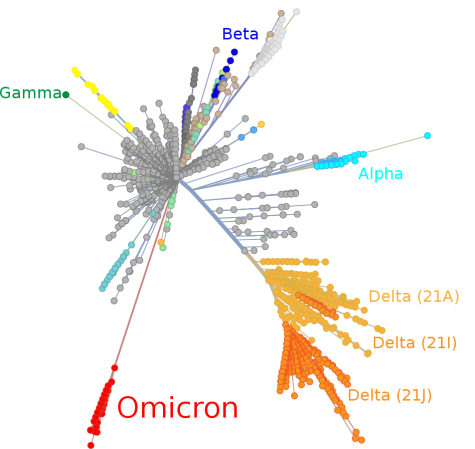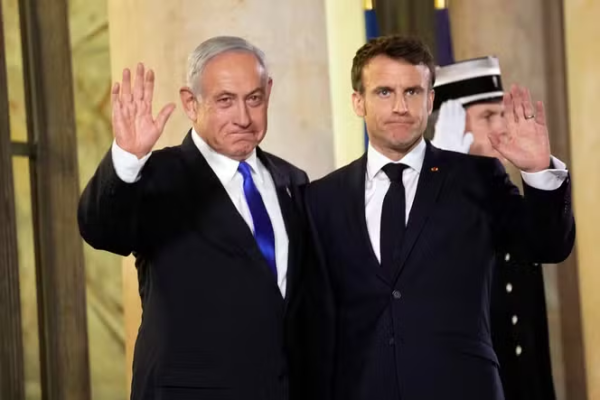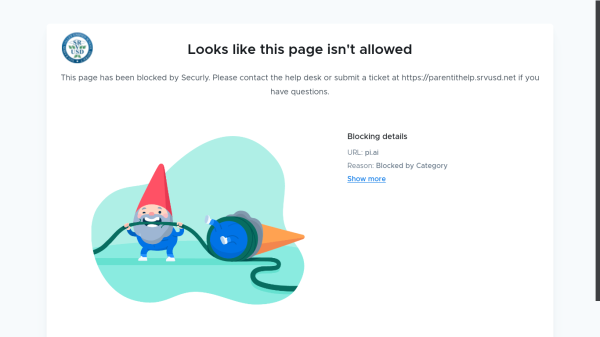Russia-Ukraine crisis: more than just a war

Wojciech Grzedzinski for The Washington Post
Ukrainian families fleeing Ukraine with their belongings. As the crisis in Ukraine escalates, many families left everything behind as they hold on to the hope that they can find a new home in a neighboring country.
As Russia’s large-scale invasion of Ukraine unfolds, the entire world has its eyes on the crisis in Eastern Europe.
The North Atlantic Treaty Organization (NATO) is at the center of this conflict. Formed after the Second World War in 1949, NATO was originally made up of 12 countries—including the U.S., Canada, the UK, and France—for the purpose of maintaining global peace via collective defense. Article 5 of the North Atlantic Treaty, which underlies NATO, states that “an armed attack against one [member state]…shall be considered an attack against them all.” The guarantee that NATO countries will unite their forces in the event of an attack prevents, in principle, any country from ever considering an attack on a NATO country.
In 2008, Ukraine, in an effort to align itself closer to the West, applied to begin a NATO Membership Action Plan. In addition, it was announced that Ukraine and the European Union (EU) would sign a “Stabilization and Association” agreement, paving the way for Ukraine to join the European Union (EU). The EU, like NATO, is also a Western political and economic union.
Today, while Ukraine is not a part of the EU nor NATO, it’s evident that Moscow views the possibility of Ukraine aligning itself more with the West as an incredible loss. For example, because Russia and Ukraine share a large border, if Ukraine were to join NATO, Western military forces would be able to place themselves right at Russia’s doorstep. Russian officials have also made claims that Ukraine and Russia are “one people” with a common heritage and that their invasion is meant to “protect” Russians from “genocide perpetrated by the Kyiv regime.” Putin views Ukraine’s separation from Russia economically, socially, politically, and militarily as unacceptable.
“This has been a long-standing goal of Vladimir Putin to reestablish in his viewing, a new version of the Soviet Union,” said James Rossi, a Monte Vista social science teacher. “It’s clear that has been his aim since taking office.”
The tricky thing about this crisis, however, is that Ukraine is in this military battle alone as no other country has engaged in direct military conflict with Russia over Ukraine. While countries that are part of the EU and NATO have voiced their active support for Ukraine, there can’t be any direct actions taken by these countries to stop Russia.
This is because President Vladimir Putin of Russia has put his nuclear defenses on alert, so if countries like the United States, France, etc. were to intervene, nuclear war could break out. This may sound very similar to the Cold War when the threat of nuclear annihilation loomed over everyone’s head.
“[Putin] is establishing his new Iron Curtain,” Rossi said. “This is his backyard as those countries will always be in his mind as part of Russia because they contain Russian-speaking peoples.”
On Feb. 24, 2022, Russia began its large-scale invasion of Ukraine. Bomb sirens went off the whole night in Ukraine and citizens were urged to stay underground and not leave their houses.
Despite Ukraine being in this military battle alone, their response to the invasion has been quite surprising. Many Westerners feared that the Ukrainian government would fall within a matter of days, however, this was not the case. The unexpected pushback by Ukraine has caused Russia to turn to other, more violent methods of war like the bombardment of residential areas in Kharkiv. Many have called this deliberate targeting of civilians a war crime.
The ongoing political and military aspects of this conflict are affecting civilians directly and indirectly. As a result, Ukrainians are now trying to flee Ukraine as fast as they can.
As of Mar. 17, 2022, more than 3 million Ukrainians are actively seeking shelter in places like Poland, Moldova, and Slovakia after crossing the Ukrainian border. Many families have been separated as men go fight in the war and mothers and their children flee. Families have also had to leave their pets, and valuables behind to find safety and cross the border.
With the large number of people leaving, there is a high chance that the Russia-Ukraine war will cause Europe’s largest refugee crisis. This possibility is pressuring governments, like the Biden administration, to start sending money to help address this growing humanitarian crisis. Additionally, cities like San Francisco are preparing to aid those who have fled Ukraine as more and more Ukrainians arrive in the Bay Area.
However, not everyone has been able to escape Ukraine. Many family members abroad are holding on to the hope their family will make it out.
“I have a lot of family and friends that are in Ukraine and even some that are in Russia,” said Samuel Sheyman, a Monte Vista freshman. “Most of them had to flee Kyiv and now live in metro stations which is one of the safest places to be right now.”
With most people abroad feeling helpless in this crisis, many have decided to start fundraisers and donation drives to help those affected by this crisis.
“The most we can do without escalating anything would be donating money to the millions of Ukrainians that have nothing,” Sheyman said.
Here at Monte Vista, freshman Krisha Singhani has voiced her active support for those in Ukraine by organizing a march.
“Hearing that children were dying, losing out on their education, losing loved ones, all over a war that they had no control over, saddened me,” Singhani said. “I hoped to raise awareness [through the march]. MV is fostering some of our nation’s future leaders, and I wanted to raise awareness about the war, the suffering children, and the fact that this isn’t just affecting Ukraine now.”
Along with the humanitarian and political aspects of this crisis, there also come major economic problems that will have an impact on people everywhere.
Much of the international community have implemented policies—including sanctions and oil embargoes—to hinder the Russian economy in response to their invasion of Ukraine. As a result, it is anticipated that a lot of commodities will experience inflation and shortages, impacting not only Russians but also people around the world. In California, gas prices have jumped up by more than a dollar since the invasion began. The war is already impacting everyday people who aren’t directly involved in this war. Moreover, those who are struggling financially are often the ones who are hit the hardest by the economic impacts of war as they must spend much of their money on essentials like food, gas, and electricity.
For now though, as the Ukraine-Russia crisis continues to escalate, people outside the direct conflict must carefully choose how they respond and adapt. Additionally, what decisions nations make will have lasting consequences on the global political and economic stage. What exactly happens in the upcoming months and years is yet to be determined, but what is certain is that “we are very soon going to have a humanitarian crisis around Kyiv,” Rossi said. “It’s a numbers game and a land wars game, and the guys with the best guns always win.”

Maya Bhatt is a senior in her third year of Journalism, and she is thrilled to lead The Stampede as the...


